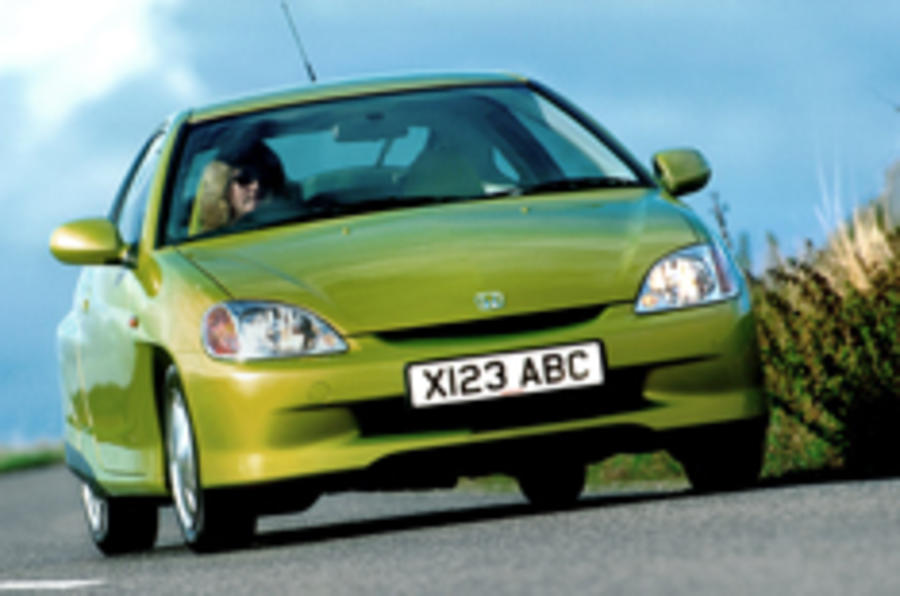A report from Cardiff University Business School has listed cars based on their environmental impact, and it's small, light vehicles that lead the way.
A separate report from Cardiff also reckons that there will be no problem in meeting the EU's planned 130g/km CO2 emissions target.
According to the author, car industry expert Dr Paul Nieuwenhuis, one of the few stumbling blocks towards lowering emissions is the trend towards heavier, higher-performance vehicles.
Dr Nieuwenhuis says that it will take more than hybrid technology and alternative fuels sufficiently to lower the CO2 output of these luxury vehicles. Nieuwenhuis reckons that new, lightweight technology will be needed to make bigger vehicles more efficient, while smaller vehicles will be able to rely on existing technologies and weight-reduction.
It's no surprise then, that it's small, light cars that top the list of environmentally friendly cars rated according to their whole-life environmental impact. In a similar manner to an American report issued last year, everything from day to day emissions to the C02 created during manufacturing was looked at, as well as the impact of scrapping cars.
The now out-of-production Smart Roadster tops the list, while the Toyota Prius comes a mere 12th. Here's the run-down of the top 12 most environmentally friendly cars:
1
Smart Roadster
2
Smart Fortwo cabriolet
3
Citroen C1 1.0i
4
Peugeot 107 1.0i
5
Citroen C1 1.4 HDi
6
Panda 1.2 Dualogic
7
Ford Ka 1.3 Duratec
8
Toyota Yaris 1.0
9
Fiat Panda 100HP
10
Peugeot 206 1.4
11
Mini Cooper D
12
Toyota Prius
It's worth noting, of course, that, that the two top-ranking Smarts can only take two passengers, but the report's compilers say they used methodology that took into account each vehicle's size. Either way, there's no way round the basic physics that it requires less energy to move a low-mass object than a high-mass one.





Add your comment